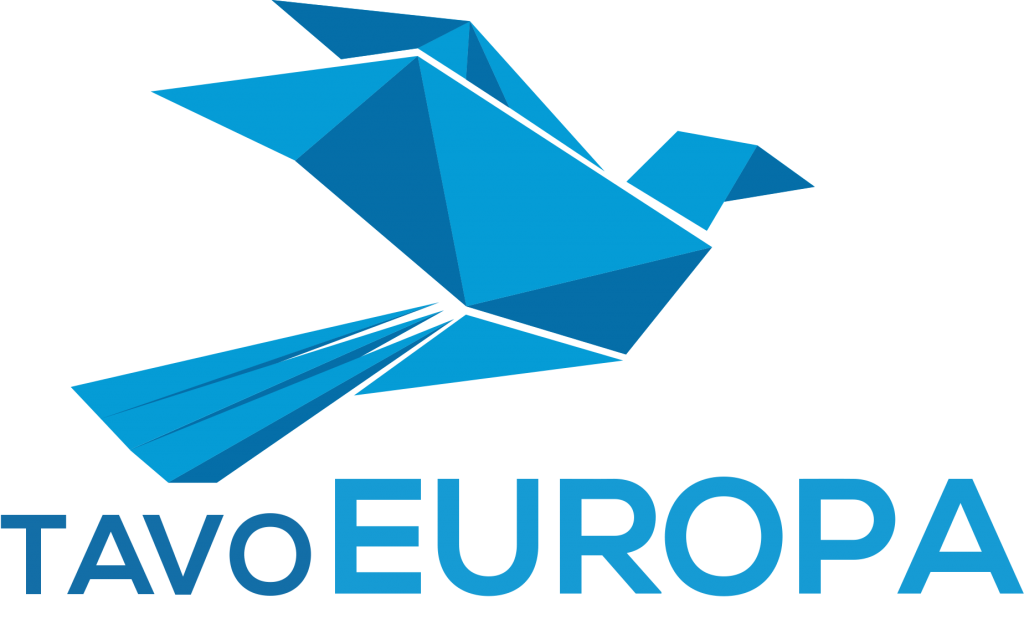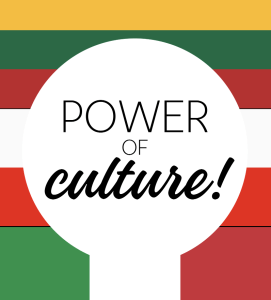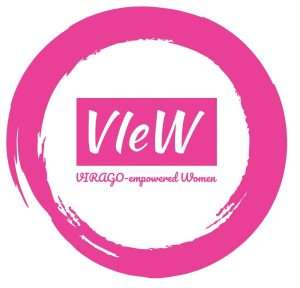Duration: 01-09-2018 – 30-06-2020
Results: ECHE mobile app
Be the Architect of Your Life
Policy Paper – Lessons Learned and Usage Guidelines
Project number: 2018-2-CY02-KA205-001313
ECHE project fosters the provision and assessment of entrepreneurial skills for Cultural Heritage Entrepreneurship (CHE) and digital competences by supporting personalised learning approaches, collaborative learning and strategic use of ICT. The ECHE project aims to develop solutions (IO2) game that combines the transfer of knowledge and skills acquisition with entertainment, and foster CHE skills to youth through direct collaboration and co-production with the target group representatives – youth workers and unemployed youth. The game will be available on the internet for long-lasting use. The produced solutions will be disseminated through (IO1) mobile app for those working in the field of youth, to internationalize and digitalize their curriculum for youth work. The mob app is designed to bring our innovative elements to a large number of people, as the mobile app is easy to use. It will provide a “road map” for live events such as the meetings and info days, information on upcoming trainings or workshops in the area. The mobile app will be available for long-lasting use even after the end of the project. The policy-makers will be addressed through a Policy paper (IO3), prepared by the University of Tartu. It will highlight various ways to involve youth in the CHE activities in the coming years, as cultural heritage entrepreneurship is gaining strength. Through direct face-to-face collaboration/ game/ mob app/ policy paper and mobile app testing, we aim to reach at least 100 youths per country, at least 5 policy-makers per country and at least 3 NGOs per country. Disseminated solutions will be further used by partners to multiply the effect on the audience. The urgent need for our project arose from two main weaknesses identified in SWOT analysis conducted in each of the partner organisations: the lack of entrepreneurship skills among youth, and the low degree of international coverage of the youth centre curriculum, especially with digital skills. The central focus is to raise awareness that young people are the creators of the future by tackling topics like CHE, technology and people, self-employment in 2036.
OBJECTIVES:
– to develop CH entrepreneurial, digital, transversal and soft skills which will be tested on at least 200 unemployed youth (50 per each participating country) and 28 trainers by 2020;
– to foster forward and conceptual thinking among youth and reach out to the larger possible audiences in local communities;
– to internationalise and broaden the NGOs working with youth curriculum in participating EU countries;
– enable access to international professional markets and strengthen international business cooperation in CHE sector;
– create synergy between youth organizations, local authorities, companies, employment centres, policy-makers, professionals and researchers;
– provide youth with tools they need to anticipate entry into the CH labour market and overcome the state of unemployment.
Internationalising the NGOs curriculum implies providing young people with EU and global perspectives of their discipline and giving them a broader knowledge base for their development. The project will develop youth’s CHE skills, digital competences preparing them to be global citizens of a rapidly changing, complex global society and workforce. Target group involved in the project is formed by youth for youth workers, trainers and educators; youth within the age bracket of 20-30 years old, unemployed from local and rural areas; NGOs working with youth; immigrant and refugee youth.




